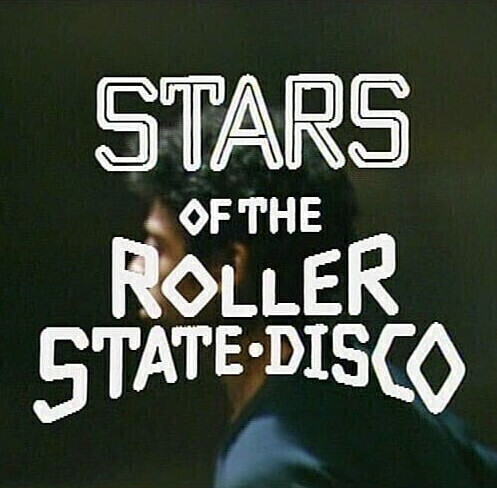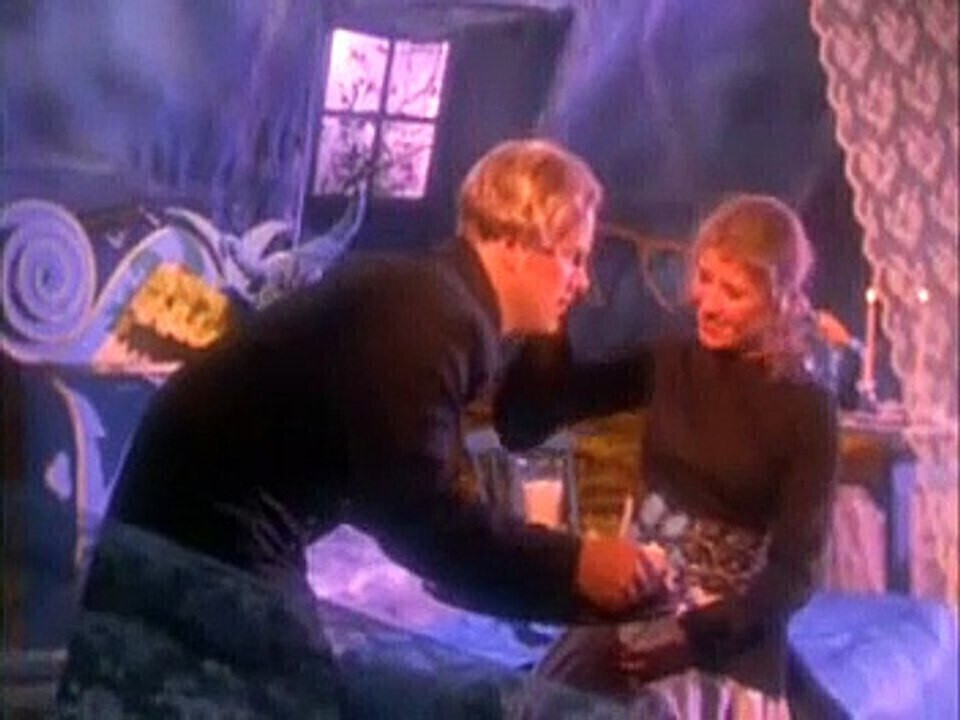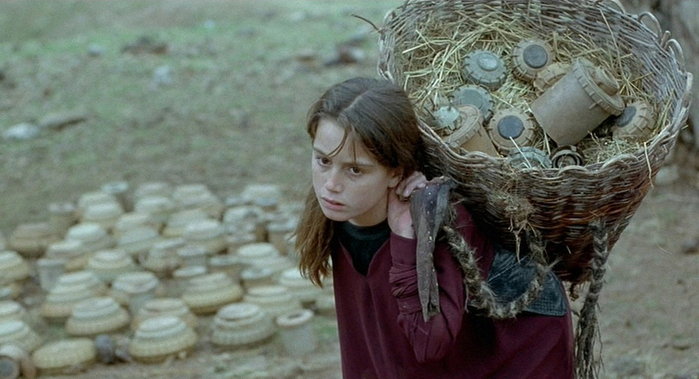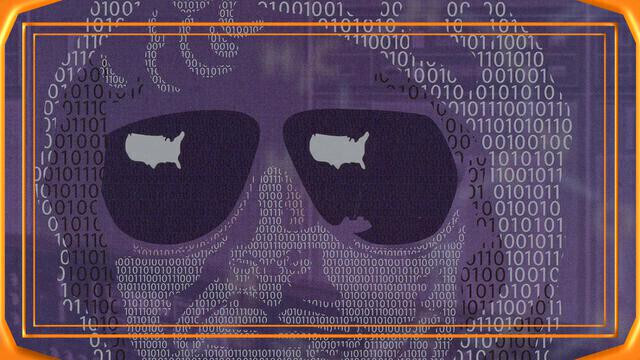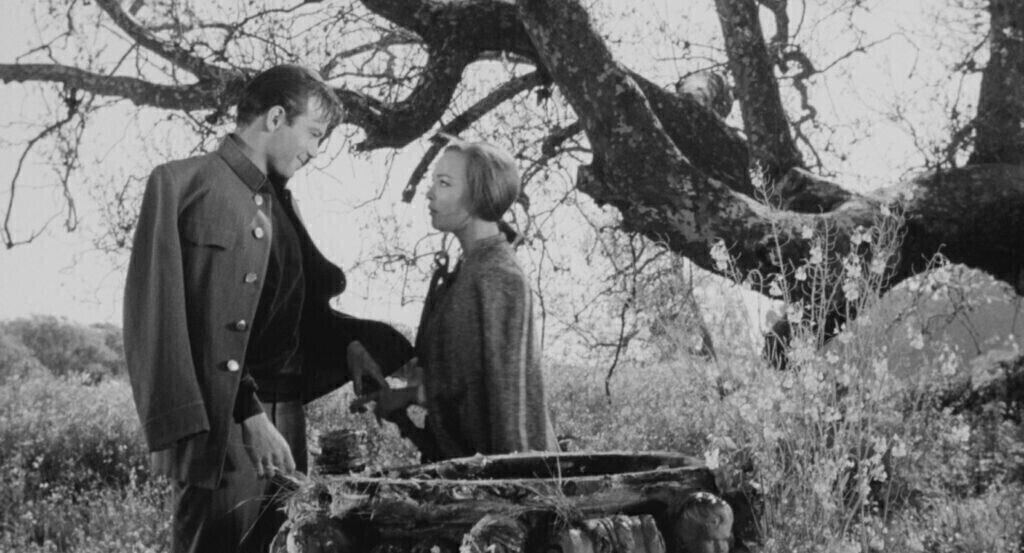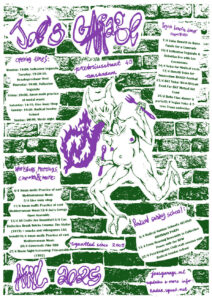 Sunday April 13, 2025, Can Dialectics Break Bricks Cinema: The Visitor * 1979 * Directed by Giulio Paradisi * 108 minutes * In English * doors open at 20:00 * intro & film start at 20:30.
Sunday April 13, 2025, Can Dialectics Break Bricks Cinema: The Visitor * 1979 * Directed by Giulio Paradisi * 108 minutes * In English * doors open at 20:00 * intro & film start at 20:30.
This is a cult gem that was rediscovered a few years back and caused an uproar across the alternative cinema circuit in America. In the 1970s, before the sci-fi opera Star Wars ironed things out and set the standard, science fiction films were pretty wild, exploding in so many directions. From radical social commentary to hallucinogenic explorations of both outer space and the inner mind. The Visitor is an Italian film, shot in America, and looking back at it from today, one is simply dumbfounded. How the hell could this film ever be made?
This psychedelic sci-fi flick is so bizarre, so off the map, that I won’t even try to describe it. Its reckless journey, a number of different influences collide… from The Omen and The Exorcist to the excesses of Dario Argento, along with Hitchcock’s The Birds. From all accounts, the director Giulio Paradisi was a madman, and everyone who worked on the film, from the actors to the cameraman (Ennio Guarieri) and the scriptwriter (Lou Comici), had no idea what the movie was even about. It was shot in a frenzy of crazed ecstasy. In the end, the film is an audio-visual explosion, an “appealingly weird mish-mash of aliens, evil businessmen, and demonic children” which often treads on the cinematic explorations of Brian De Palma, Raúl Ruiz, and Chilean provocateur Alejandro Jodorowsky. What is really at work here is the stunning camera work and the choreography of the film, giving it an incredible style.
Even if the plot did make sense, most viewers probably forget it, caught up as they are in the movie’s astounding imagery. And the cast of actors is equally unbelievable. How did this director ever manage to assemble the legendary John Huston, Mel Ferrer, Glenn Ford, Shelley Winters, Franco Nero, Lance Henriksen, Joanne Nail and Sam Peckinpah to act in this insane cinematic cocktail?
This will be a high-definition screening of this cult sensation.
Film night at Joe’s Garage, cozy cinema! Free entrance. You want to screen a movie, let us know: joe [at] lists [dot] squat [dot] net
